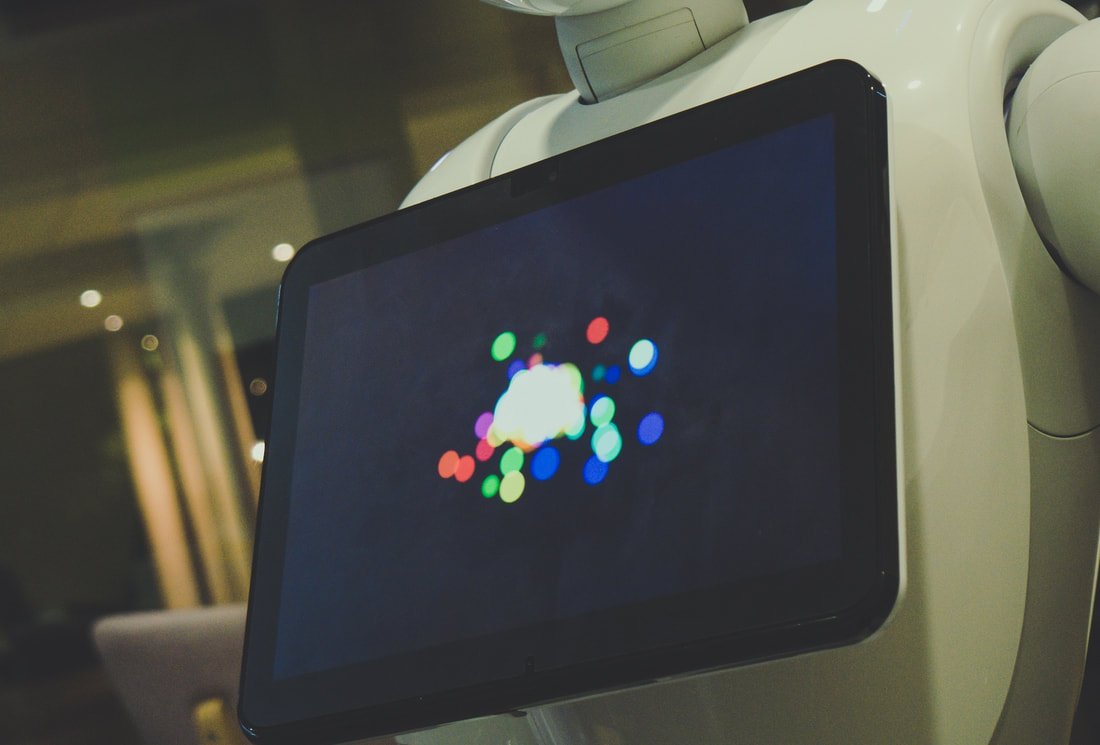SMART Recovery: An Alternative to Alcoholics Anonymous
“You may have used an addictive behavior to deal with irrational thoughts and excessive emotions. We call this the “using strategy” for coping with discomfort. Somehow, we adopted the unrealistic belief that life should be free from discomfort and pain, and that we shouldn’t have to tolerate it. This unhelpful belief leads to further distress, which drives the urge to engage in addictive behavior to escape the discomfort.”
― Rosemary Hardin, SMART Recovery Handbook
If you have attended a 12-step meeting, such as Alcoholics Anonymous or Narcotics Anonymous, then you may have heard someone say, “If you are not working the 12-steps of Alcoholics Anonymous, then you are a dry drunk.” What they mean by this is that being sober is not enough, you need to work a program. In my humble opinion, the 12-steps are one form for inward-reflection and self-improvement, but they are not the only way. Individuals who are non-spiritual often get stuck on the 12-steps. Fortunately. there are alternatives forms of inward-reflection and self-improvement. One of those ways is through the SMART Recovery program.
What is SMART Recovery
Smart Recovery is a free, non-spiritual, cognitive-behavioral approach to recovery. It utilizes clinical psychology techniques and tools. Although it focuses on addiction recovery, many of these tools can be used by non-addicts as well. Exercises such as “Challenging My Unhelpful Idea,” “Helping or Hurting,” “Values and Goals Clarification,” and “Identifying Underlying Irrational Rules,” are exercises that many people can benefit from. It can help you build a road map of how your thoughts impact your emotions and behaviors. A link the to the SMART Recovery Toolbox is included at the bottom of the article.
How to use SMART Recovery
SMART Recovery meetings are not as widely available as 12-step meetings. You can find a 12-step meeting any day of the week at various times throughout the day in most major cities. SMART Recovery meetings are scarcer and may not be available to you. My suggestion is to use the SMART Recovery toolbox (link at the bottom), start working your own program by filling out the worksheets in the “Additional Homework” section, and attend 12-step meetings to build a sober community. When you work your own program, you don’t have anyone to hold you accountable, so meeting attendance is also important. You need to be around other people in recovery so they can help you identify the irrational thoughts that maintain your addiction.
You don’t have to work the twelve steps, but you should be working some type of program. Meeting with a therapist for individual counseling another way to work a program. If someone at a AA meeting calls you a “dry drunk” because you are not working the 12-steps, just let it slide. If you are doing some form of intensive inward reflection and self-improvement work, then you are working a program and you are not a “dry drunk.”
SMART Recovery Toolbox Link:
https://www.smartrecovery.org/smart-recovery-toolbox/
SMART Recovery Meeting Directory:
https://www.smartrecoverytest.org/local/

